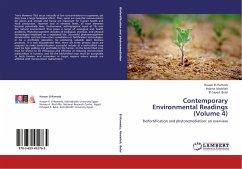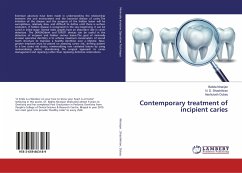Trace elements (TEs) occur naturally at low concentrations in organisms, yet they have a large biological effect. Thus, some are essential micronutrients for plants and animals and hence are important for human health and food production. However and at elevated levels, all trace elements become potentially toxic. Furthermore, anthropogenic input of TEs into the natural environment thus poses a range of ecological and health problems. Phytomanagement includes all biological, chemical, and physical technologies employed on a vegetated site. Successful phytomanagement should either cost less than other remediation or fortification technologies, or be a profitable operation, by producing valuable plant biomass products. It is well documented that, there are three primary issues are required to make biofortification successful include (i) a biofortified crop must be high yielding and profitable to the farmer, (ii) the biofortified crop must be shown to be efficacious and effective atreducing micronutrient malnutrition in humans, and (iii) the biofortified crop must be acceptable to both farmers and consumers in target regions where people are afflicted with micronutrient malnutrition.
Bitte wählen Sie Ihr Anliegen aus.
Rechnungen
Retourenschein anfordern
Bestellstatus
Storno








